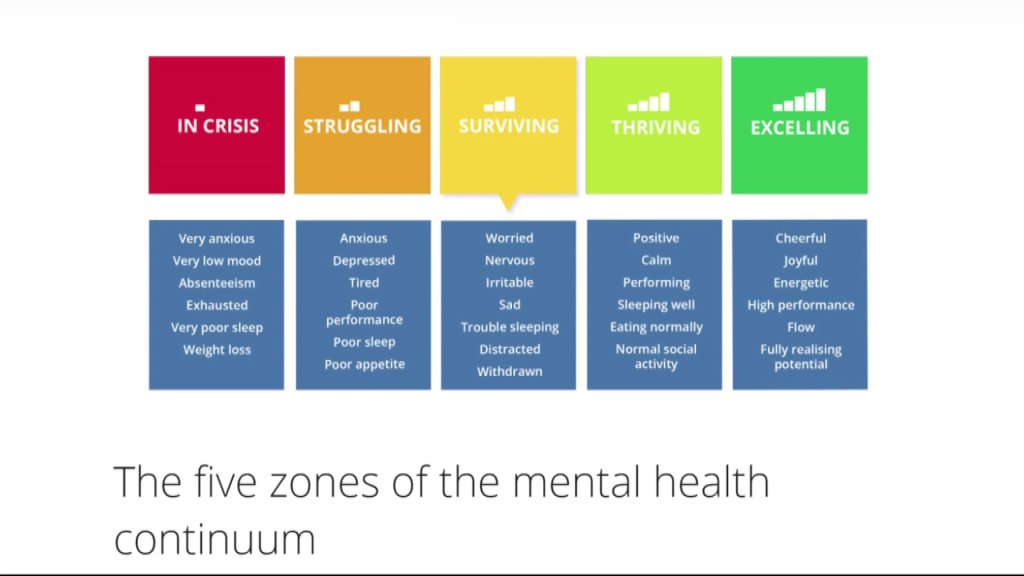California is back open but not everyone is back to normal. We asked people in North Park: How was your mental health during the pandemic?
“It wasn’t great,” Victoria Taylor said. “I’ve actually developed like claustrophobia because of it -- because of the intense quarantining alone, but I’m in therapy now.”
“It was off and on,” Tanisha Ward said. “My son died recently during this time, so I lost my son. It was tragic.”
“My mental health did take a dip. I’m currently on antidepressants,” Paul Deras said. “I was basically in a panic attack from October to November. Worst month of my life and then once I got the medical treatment I needed; helped level me out.”
The gym, prayer and family are some of the methods people are using to cope and heal, but there are others who don’t know where to turn.
According to health officials, 4 in 10 people are reporting a threshold for anxiety and depression. It was 1 in 10 before the pandemic.
Sharp Health clinical psychologist Dr. Dara Schwartz thinks pandemic-related stressors are part of why we’ve seen an increase in altercations on planes and road rage.
“Planes are pressure cookers for this type of stress,” Schwartz said. “We’ve all gone through this collective stressor for the past year and a half and then you’re putting people in a tiny metal box, next to people inches away from people who might have very different views than them about masking, vaccinations.”
Dr. Schwartz suggests we use a daily tool called the mental health continuum. Think of it as a stoplight of thoughts, emotions and physiological reactions. Ask yourself, ‘Where are you most days?’
“So, if you have maybe one day or two days where you’re more in the orange, we’re not too concerned, but if you start to notice one day turns into two, two days turns into three, three days is a week and all of a sudden you’re not engaging in pleasurable activities, you’re saying no to invitations, you’re not doing self care, your eating habits are off, your sleep habits are off, we really want you to start to seek professional help,” Schwartz said.

Seeking professional help can get you out of the pandemic blues and back to enjoying life like you did before the world was turned upside down.
There are health care providers throughout San Diego. If you’re unsure where to reach out, call 211.
Dr. Schwartz recommends we all approach each other with more empathy because you never know what can trigger rage in another person.
"share" - Google News
June 30, 2021 at 10:06AM
https://ift.tt/365r9tX
San Diegans Share COVID-Related Mental Health Stories, Doctor Shares Tool for Daily Brain Health Checks - NBC San Diego
"share" - Google News
https://ift.tt/2VXQsKd
https://ift.tt/3d2Wjnc
Bagikan Berita Ini














0 Response to "San Diegans Share COVID-Related Mental Health Stories, Doctor Shares Tool for Daily Brain Health Checks - NBC San Diego"
Post a Comment